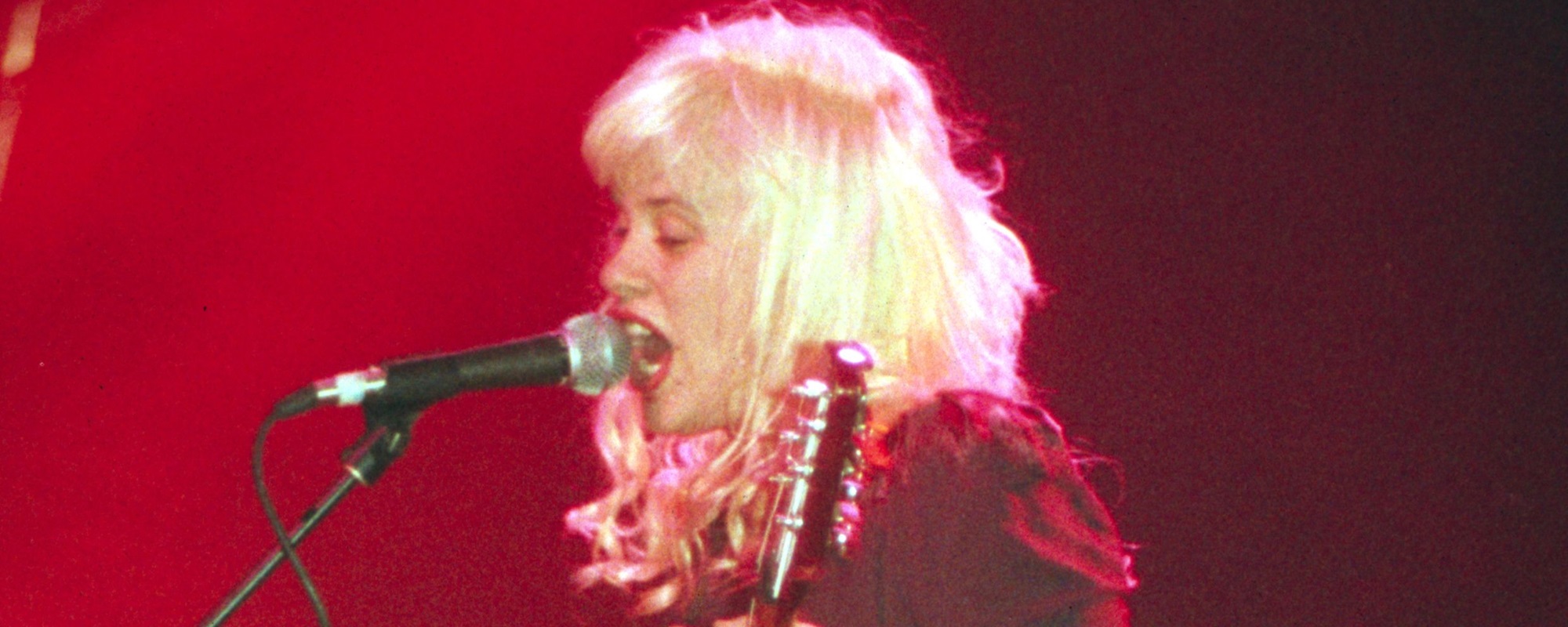Although the two artists didn’t always see eye to eye, it’s safe to say that both Bob Dylan and John Lennon changed the trajectory of rock ‘n’ roll forever in their respective careers. The musicians fed off one another, either subconsciously or consciously, from the mid-1960s up until Lennon’s death in 1980. And as artists are often wont to do, they compared themselves to each other, too (perhaps more than either would admit).
Videos by American Songwriter
Competition can unlock new facets of creativity. It can also hang over an artist like a heavy cloud, convincing them they will never be able to compete with their rival’s work—at least, that’s what one Dylan song from 1965 did to Lennon.
John Lennon Was In Awe Of This Bob Dylan Track
When John Lennon was first arriving to the United States as part of the new, suit-clad rock band, the Beatles, Bob Dylan was releasing the third and one of his most iconic albums of his entire career, The Times They Are a-Changin’. Even though Dylan had technically released his debut two years earlier, in 1962, both he and the Fab Four were hitting their stride around the same time, albeit in different popular music genres. As two of the biggest acts of the decade, it was only natural that Dylan and the members of the Beatles kept an eye on one another.
For Lennon, he couldn’t help but fixate on the 1965 track, “Subterranean Homesick Blues,” which Dylan used to open Bringing It All Back Home. It’s an absolute whirlwind of a Dylan track, featuring elements of 1940s scat music and effectively capturing the paradoxical zeitgeist of the decade in just over two minutes. The song perfectly encapsulates the gritty, loose, and snarky side of mid-60s Dylan. According to Rolling Stone, Lennon once lamented that he would never be able to write something as captivating or profound as Dylan.
Of course, one could argue that Lennon absolutely did, although his “captivating and profound” musical offerings might be fewer and farther between pre-1965 than post. Nevertheless, the song stuck with Lennon for years—so much so that he quoted it directly when musing on his elusive, influential contemporary during his last major interview with David Sheff in 1980.
The Ex-Beatle Used The Songwriter’s Words To Explain Him
By the time John Lennon sat down for his final interview with David Sheff just months before his death, both the Liverpudlian musician and the Minnesota native formerly known as Robert Zimmerman were in vastly different places in their career. Lennon had since moved on from the Beatles. Bob Dylan was undergoing one of many career shifts, the most recent at the time being his transition into Christian music. Sheff asked Lennon what he thought about Dylan’s controversial move to sacred music, and Lennon used Dylan’s own words to answer.
Lennon, like so many other fans and critics, was slightly wary of Dylan’s move to Christian music. “I must say I was surprised when old Bobby boy did go that way,” the musician admitted. “I was very surprised. All I ever hear whenever I hear about him is—and people can quote me and make me feel silly, too—but all I ever think is, Don’t follow leaders, watch the parking meters. It’s the same man, and I don’t want to say anything about a man who is searching or has found it. It is unfortunate when people say, ‘This is the only way.’ That’s the only thing I’ve got against anybody, if they are saying, ‘This is the only answer.’ I don’t want to hear about that. There isn’t one answer to anything.”
As for the question of whether Dylan was wrong for using his massive influence to preach Christian ideology? “Anybody who wants to hear Dylan just because of who he is isn’t gonna understand what Dylan is saying now or then,” Lennon argued.
Photo by ITV/Shutterstock








Leave a Reply
Only members can comment. Become a member. Already a member? Log in.